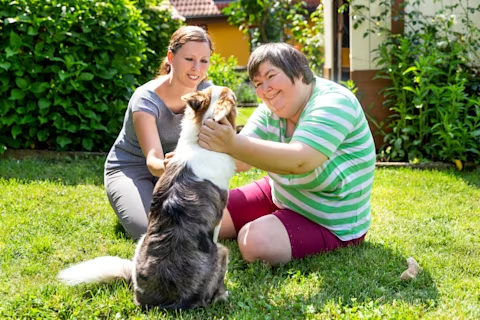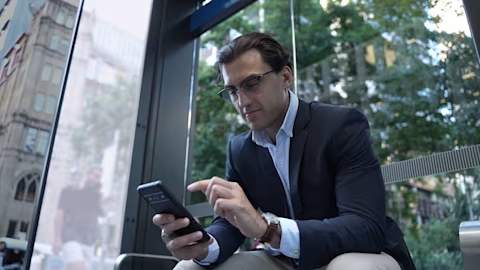Announcing our new Better Health Partners

We’re partnering with four organisations to help Australians reduce their chronic disease risk and improve health equity for people facing barriers to better health.

We are proud to announce our new Better Health Partners: Lifeline Australia, Cancer Council NSW, Heart Foundation and Diabetes Australia. We’re partnering with these incredible organisations to help Australians reduce their chronic disease risk and improve health equity for people facing barriers to better health.
Through these partnerships, nib foundation aims to promote prevention of chronic disease so that people have the information, tools and environments they need to stay well by increasing protective factors and reducing risks.
We look forward to working with our Better Health Partners to share their health products, services, and education campaigns with nib’s audiences. By helping to spread the word, nib members, employees, and the communities where we operate will have more access to these high quality health promotion tools and messages.
Health isn’t one-size-fits-all, which is why we’re also supporting our Better Health Partners to enable health equity—ensuring that more people, regardless of background or circumstance, have access to the support they need.
How we’re supporting Heart Foundation
Through our partnership we’re supporting the Champions4Change program, which is designed and led by First Nations people across Australia who have lived experience or care for people with a lived experience of acute rheumatic fever (ARF) and rheumatic heart disease (RHD). The Champions lead efforts to raise awareness about ARF and RHD, promote prevention, and encourage heart healthy choices within their communities.
How we’re supporting Lifeline Australia
Building on our previous support for Lifeline’s Support Toolkit, we’re continuing to invest in the Toolkit, with a focus on the needs of culturally and linguistically diverse Australians. Our shared goal with Lifeline Australia is to ensure Lifeline’s services are representative of Australia’s multicultural society and that culturally and linguistically diverse Australians can see their experiences and needs are acknowledged.
How we’re supporting Diabetes Australia
With our support Diabetes Australia will kickstart the Safely Injecting Insulin program, to train disability support workers so they have the knowledge, practical skills, and confidence to safely inject insulin. Diabetes Australia is working towards establishing access to an appropriately trained carer as the standard for every person living with diabetes and a disability.
How we’re supporting Cancer Council NSW
We’re partnering with Cancer Council NSW to service under-served communities, including people from culturally diverse backgrounds, First Nations peoples, people with disability and those in rural and remote communities to increase participation in National Cancer Screening Programs. These communities can face additional barriers to screening and have low participation rates across all national screening programs.
We look forward to working in partnership with our four new Better Health Partners during the next three years in pursuit of nib foundation’s vision for all people to live longer in better health.

Lifeline’s Support Toolkit is helping people access support for better mental health
During Mental Health Month we’ve been sharing Lifeline’s Support Toolkit with our members and employees.

Cancer Council NSW is developing a first of its kind vaping support program to help young people
nib foundation and Cancer Council NSW are partnering together to develop a new national, online platform that will offer young people information, support and evidence-based services to help them quit vaping.

Cancer Council is challenging Aussies to drink less for their long-term health
Cancer Council NSW has launched an awareness campaign to equip young Aussies with the right tools and information to make more informed decisions when it comes to alcohol consumption, helping to reduce the risk of more serious long-term health issues.